Prime Minister Benjamin Netanyahu announced on Monday that he will convene the Security Cabinet later this week to direct the Israel Defense Forces (IDF) on how to achieve the war’s three core objectives: defeating Hamas, bringing home the hostages, and ensuring that Gaza will never again pose a threat to Israel.
According to Hebrew media reports, Netanyahu and much of his cabinet favor a complete conquest of Gaza so that the IDF can root out the remaining Hamas forces in Gaza City and the heavily-populated central coastal area, where the Israeli army has yet to operate. IDF brass are said to prefer the encirclement of these areas and targeted raids, arguing that a full conquest will result in higher casualties, increased risk to the remaining hostages, and the need to evacuate over one million Gaza civilians from new combat zones.
Whichever path is chosen, Netanyahu stressed at Sunday’s Cabinet meeting in Jerusalem the need for both strategic urgency and national unity: “We must continue to stand together and fight together in order to achieve the objectives of the war we have set—all of them: defeating the enemy, releasing our hostages, and ensuring that Gaza will never again threaten Israel.”
Post–Tisha B’Av reflection: Unity amid crisis
Netanyahu framed the moment in the historical context of Tisha B’Av, the Jewish fast day that commemorates the destruction of the First and Second Temples in Jerusalem—both considered defining national tragedies born of internal division.
“Since then, we have been divided, separated, and fighting each other,” Netanyahu said. “Today, just after the Ninth of Av, we are in the midst of an intense war, in which we have made very great, historic achievements, because we have not been divided—because we have stood together and fought together.”
The comment underscored his broader message: that national unity is essential to both military victory and long-term strategic strength.
Rebuilding the south: 3.2 billion shekel investment
Alongside the wartime agenda, Netanyahu also unveiled ambitious development plans totaling 3.2 billion shekels (~$938 million) aimed at rebuilding and strengthening communities in Israel’s south—many of which were heavily impacted by Hamas’s October 7 massacre and ongoing hostilities from Gaza.
He named Ashkelon, Ofakim, Netivot, Eshkol, Sha’ar HaNegev, and the Sdot Negev Regional Council among the beneficiaries of new government-backed initiatives.
The projects will include:
-
Industrial zones and research centers
-
Expansion of public infrastructure
-
Israel’s first Paralympic village
“This is a comprehensive vision for national resilience,” Netanyahu said.
Energy corridor: Linking Israel to Asia and the Gulf
Netanyahu also returned to a theme he raised during a July 1 visit to the Eilat Ashkelon Pipeline Company: transforming Israel into a strategic energy hub connecting Asia, the Middle East, and the Arabian Peninsula.
“We are going to increase and strengthen Israel’s energy capability,” Netanyahu said. “Expected revenues from gas in the coming decade will be almost 300 billion shekels.”
The strategic vision for Ashkelon and surrounding regions ties into broader economic and security planning, positioning the south not only as a frontline in the fight against terrorism, but as a cornerstone in Israel’s long-term energy and industrial development.
Looking ahead
The Security Cabinet meeting—expected within days—will be critical in determining whether the current Gaza strategy shifts toward a more aggressive posture. While Netanyahu has consistently reiterated Israel’s long-term goals, criticism from senior political and military figures has grown over what some call a lack of decisive direction.
Still, Netanyahu remains adamant: “Victory, return of the hostages, and long-term security for Israel’s south” remain non-negotiable.
As Israel marks nearly ten months of war since October 7, 2023, the path forward—militarily and diplomatically—remains fraught. But Monday’s message from the Prime Minister was clear: Unity is Israel’s strength, and determination its path to victory.
Want more news from Israel?
Click Here to sign up for our FREE daily email updates


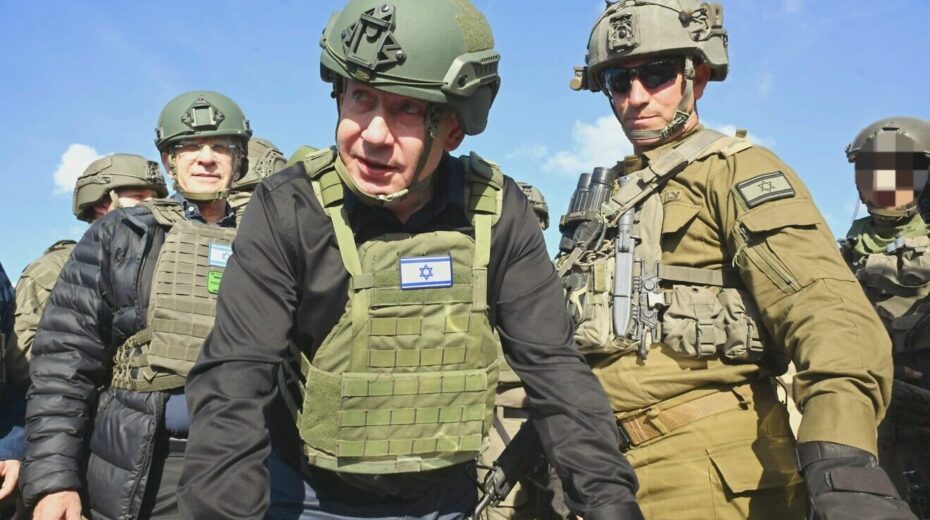


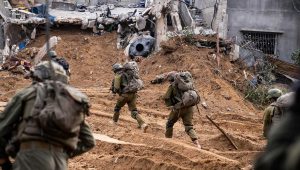
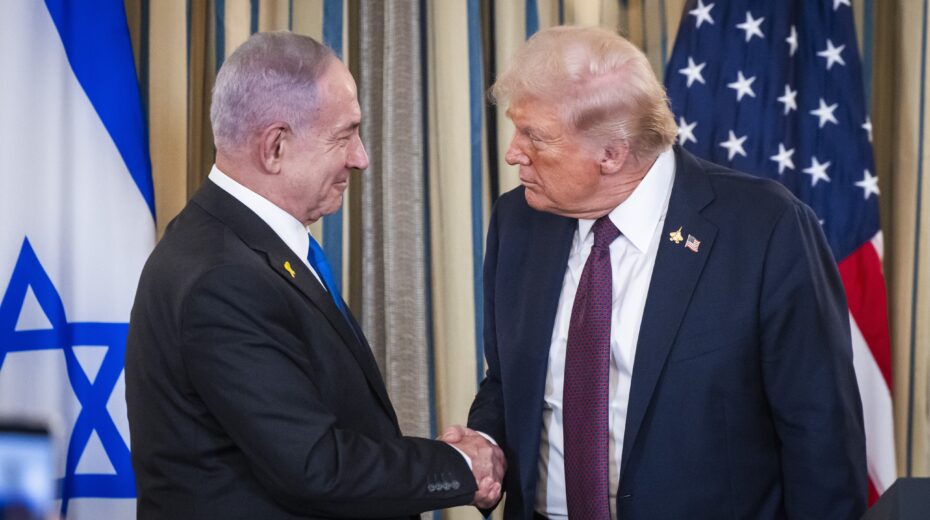





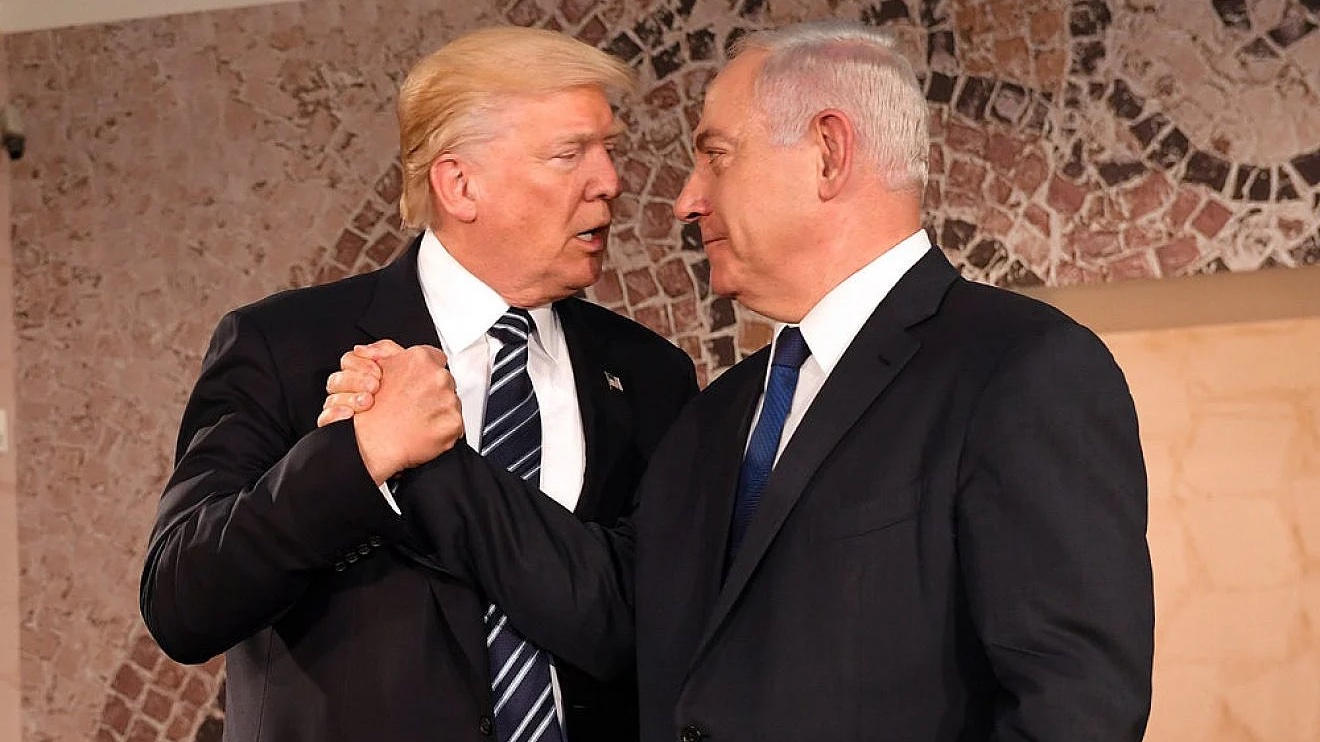
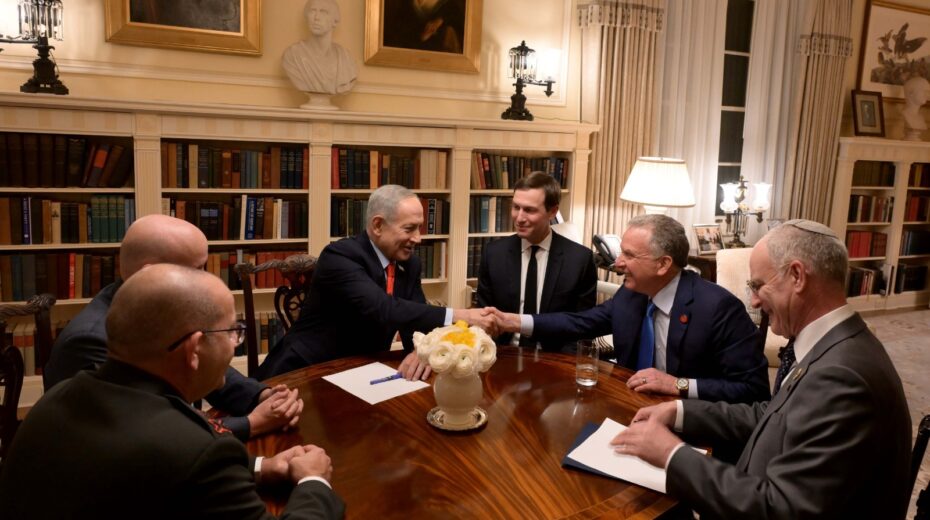

A reminder that the government determines the policy, the head of the military implements it, how he sees best, NOT how the government sees best !